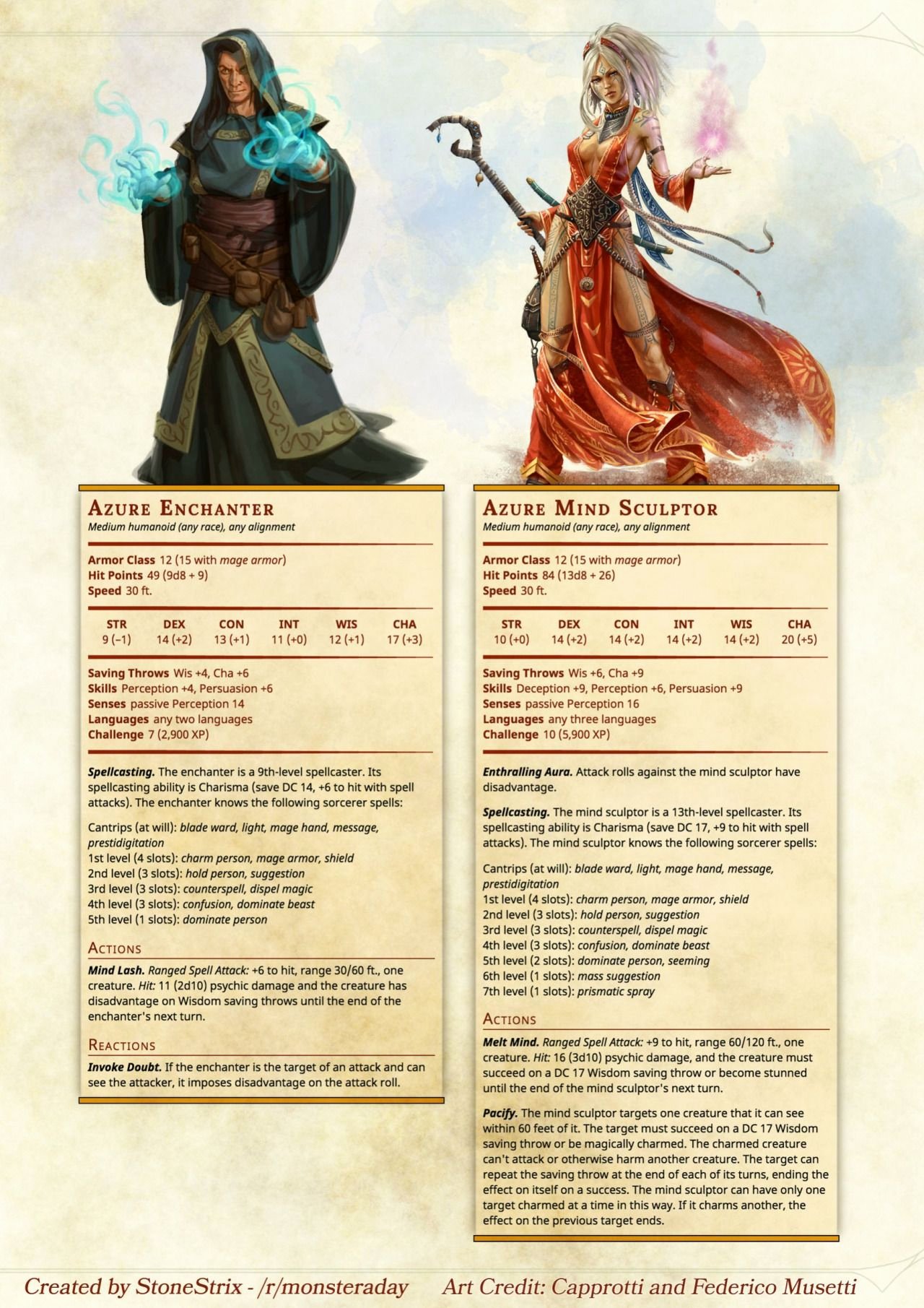

Common NPCs players might encounter in your game include kings, queens, princes, princesses, dukes, duchesses, counts, countesses, barons, mayors, governors, knights, lieutenants, generals, shopkeepers, merchants, innkeepers, guilds, craftspeople, and more.Ĥ. It's only natural that other non-player characters populate cities, towns, and farms in your campaign. NPCs are also a powerful way you can make your campaign seem more realistic.

This way, you can easily remember where that NPC is coming from and how they will interact with player characters. When listing the NPCs in your campaign, it can help to write a short description for each one. NPCs often guide characters throughout your campaign by offering advice and hints. Non-player characters, also called NPCs, are an important part of many D&D campaigns. List the non-player characters, if applicable. This way, you'll have a better idea of what the antagonist is doing at any point in the campaign.ģ. If you plan on pitting player characters against an antagonist like a villain, it might help you to come up with a list of immediate and long-term goals for that villain. By having a definite conflict for players to contend with, this sense of aimlessness will be less likely to occur. Without conflict in your campaign, characters might feel at a loss for what to do. A more complicated conflict might require players to discover a secret plot to overthrow the king. A simple conflict might involve players being charged with the extermination of an evil wizard. The conflict of your campaign can be simple and direct, or it could be less obvious. Beginners may want to start with simple, one session campaigns to get the hang of DMing before moving to more complex ones.Ģ.

This kind of setting provides plenty of opportunities for combat. If you want a truly epic campaign, you might send players on a crusade into hostile lands. Some classic themes for campaigns include treasure hunting, saving the kingdom from danger, and slaying deadly monsters. Larger scope games usually involve some kind of intrigue or overarching goal of an enemy. If you're trying to create a one-off, aim for simple goals for the players. Your campaign might be a one-off where you journey through a dungeon to slay a monster in a single session, but longer campaigns could require several sessions of play time before they're finally done.


 0 kommentar(er)
0 kommentar(er)
